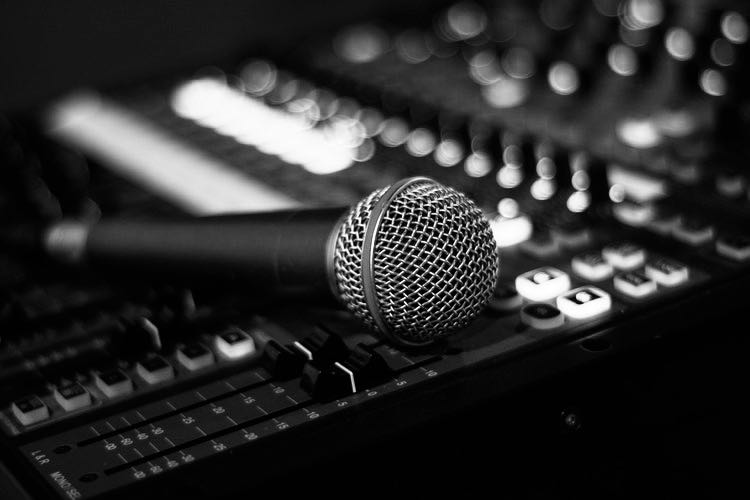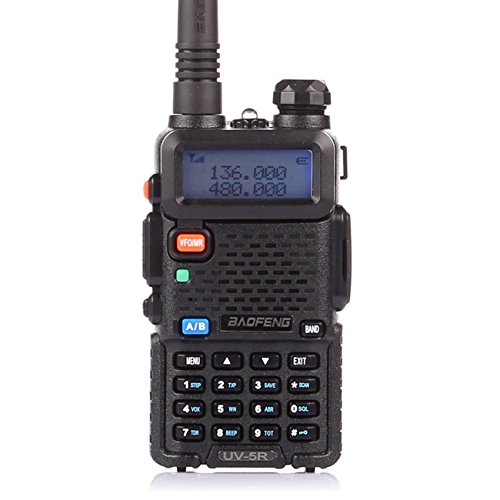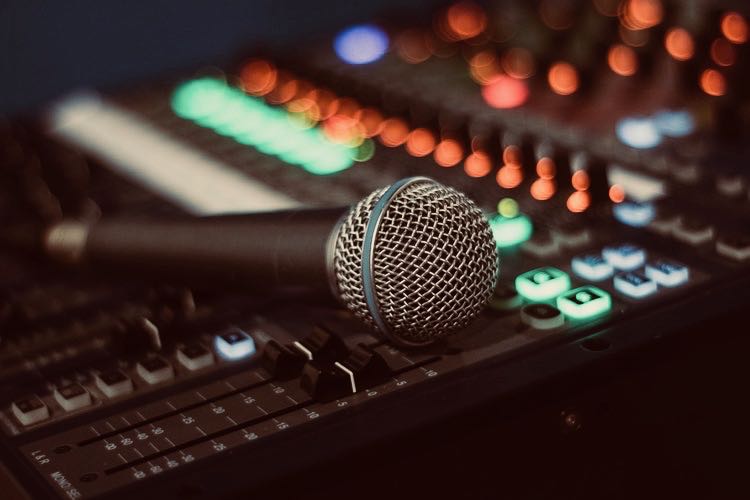SECTION 1. SHORT TITLE.
This Act may be cited as the “Preventing Illegal Radio Abuse Through Enforcement Act” or the “PIRATE Act”.
SEC. 2. PIRATE RADIO ENFORCEMENT ENHANCEMENTS.
Title V of the Communications Act of 1934 (47 U.S.C. 501 et seq.) is amended by adding at the end the following new section:
“SEC. 511. ENHANCED PENALTIES FOR PIRATE RADIO BROADCASTING; ENFORCEMENT SWEEPS; REPORTING.
“(a) Increased General Penalty.—Any person who willfully and knowingly does or causes or suffers to be done any pirate radio broadcasting shall be subject to a fine of not more than $2,000,000.
“(b) Violation Of This Act, Rules, Or Regulations.—Any person who willfully and knowingly violates this Act or any rule, regulation, restriction, or condition made or imposed by the Commission under authority of this Act, or any rule, regulation, restriction, or condition made or imposed by any international radio or wire communications treaty or convention, or regulations annexed thereto, to which the United States is or may hereafter become party, relating to pirate radio broadcasting shall, in addition to any other penalties provided by law, be subject to a fine of not more than $100,000 for each day during which such offense occurs, in accordance with the limit described in subsection (a).
“(c) Facilitation.—Any person who knowingly and intentionally facilitates pirate radio broadcasting shall be subject to a fine of not more than $2,000,000.
“(d) Annual Report.—Not later than one year after the date of enactment of the PIRATE Act, and annually thereafter, the Commission shall submit to the House Committee on Energy and Commerce and the Senate Committee on Commerce, Science, and Transportation a report summarizing the implementation of this section and associated enforcement activities for the previous fiscal year, which may include the efforts by the Commission to enlist the cooperation of Federal, State, and local law enforcement personnel (including United States Attorneys and the United States Marshals Service) for service of process, collection of fines or forfeitures, seizures of equipment, and enforcement of orders.
“(e) Enforcement Sweeps.—
“(1) ANNUAL SWEEPS.—Not less than once each year, the Commission shall assign appropriate enforcement personnel to focus specific and sustained attention on the elimination of pirate radio broadcasting within the top five radio markets identified as prevalent for such broadcasts. Such effort shall include identifying, locating, and taking enforcement actions designed to terminate such operations.
“(2) ADDITIONAL MONITORING.—Within six months after conducting the enforcement sweeps required by paragraph (1), the Commission shall conduct monitoring sweeps to ascertain whether the pirate radio broadcasting identified by enforcement sweeps is continuing to broadcast and whether additional pirate radio broadcasting is occurring.
“(3) NO EFFECT ON REMAINING ENFORCEMENT.—Notwithstanding paragraph (1), the Commission shall not decrease or diminish the regular enforcement efforts targeted to pirate radio broadcast stations for other times of the year.
“(f) State And Local Government Authority.—The Commission may not preempt any State or local law prohibiting pirate radio broadcasting.
“(g) Revision Of Commission Rules Required.—The Commission shall revise its rules to require that, absent good cause, in any case alleging a violation of subsection (a) or (b), the Commission shall proceed directly to issue a ‘Notice of Apparent Liability’ without first issuing a ‘Notice of Unlicensed Operations’.
“(h) Pirate Radio Broadcasting Database.—
“(1) IN GENERAL.—Not later than 90 days after the date of the enactment of this section, and semi-annually thereafter, the Commission shall publish a database in a clear and legible format of all licensed radio stations operating in the AM and FM bands. The database shall be easily accessible from the Commission home page through a direct link. The database shall include the following information:
“(A) Each licensed station, listed by the assigned frequency, channel number, or Commission call letters.
“(B) All entities that have received a Notice of Unlicensed Operation, Notice of Apparent Liability, or Forfeiture Order by the Commission.
“(2) CLEAR IDENTIFICATION.—The Commission shall clearly identify in the database—
“(A) each licensed station as a station licensed by the Commission; and
“(B) each entity described in paragraph (1)(B) as operating without a Commission license or authorization.
“(i) Definitions.—In this section:
“(1) PIRATE RADIO BROADCASTING.—The term ‘pirate radio broadcasting’ means the transmission of communications on spectrum frequencies between 535 to 1705 kHz or 87.7 to 108 MHz without a license issued by the Federal Communications Commission, but does not include unlicensed operations in compliance with part 15 of title 47, Code of Federal Regulations.
“(2) FACILITATES.—The term ‘facilitates’ means providing access to property (and improvements thereon) or providing physical goods or services, including providing housing, facilities, or financing, that directly aid pirate radio broadcasting.
“(3) KNOWINGLY AND INTENTIONALLY.—The term ‘knowingly and intentionally’ means the person was previously served by the Commission with a notice of unlicensed operations, notice of apparent liability, or citation for efforts to facilitate pirate radio broadcasting.”.




